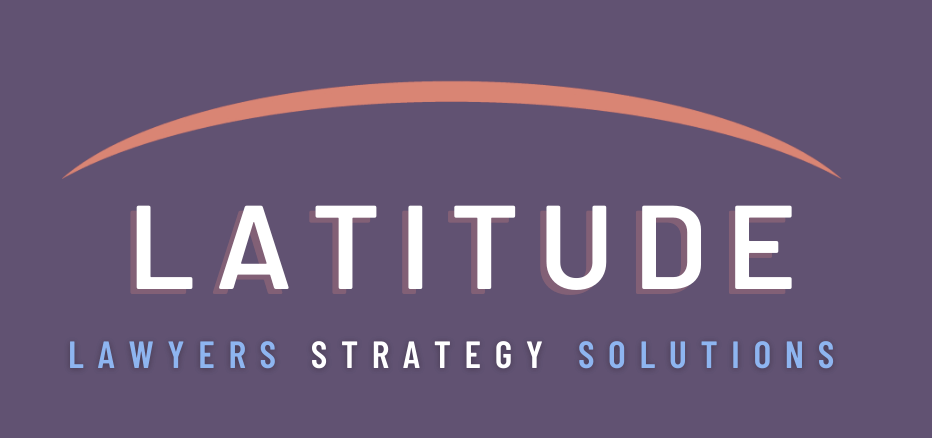- Home
- Services
- Unfair Dismissal
- Performance Management and Misconduct
- General Protections Claim
- Sick or Injured Employees
- Sexual Harassment
- Discrimination and Bullying
- Workplace Training, HR Policies and Procedures
- Employment Contracts and Post Employment Restraints
- Restructuring and Redundancy
- Award compliance and Wage Claims
- Enterprise Bargaining and Enterprise Agreements
- Contractor Agreements
- About Us
- Contact
We know the Sexual Harassment laws inside out. Our Principal Lawyer, Susannah McAuliffe, has been providing advice and legal representation on sexual harassment cases for almost 30 years.
Her experience extends not just to the legal part that comes after a formal complaint is made to a tribunal, but to the really early stages when an internal complaint is first received.
We know that there are multiple opportunities to resolve issues before legal proceedings are commenced and have assisted many employers to resolve these sensitive cases without any legal action ever being taken.
New Respect@Work laws and positive obligations on employers
Sexual harassment claims are on the increase every year. As employees become more aware of their rights under these laws employers need to make sure that they are proactively managing these risks.
This is even more so now that the new Respect@Work laws have been passed. Those new laws impose a new positive obligation on employers to eliminate sexual harassment, sex discrimination and victimisation.
On top of that, there are WH&S laws now in place which require employers to do certain, very specific things to deal with the risks of psychosocial injuries. Sexual harassment is a key risk in this area and employers need to make sure that they are on top of these issues to avoid liability under both the Sexual Harassment laws and the WH&S laws.
In order to meet this obligation, employers will need to do more than just making sure that they have a Sexual Harassment Policy in place.
We can advise you exactly what you need to do and can assist with everything that you will need to put in place, from internal risk assessments, preparation of a Sexual Harassment policy and Grievance Procedure through to training your employees on their obligations and how to raise concerns about sexual harassment.
Responding to internal complaints
We can help from the moment that you receive an internal complaint.
What you do at that time can prove to be extremely important. It might, in fact, mean the difference between resolving an issue in house and having legal action taken against you.
Unfortunately many employers wait until they have a formal complaint, either from an employee or one of the tribunals or commissions that deal with these matters, before they reach out to get legal advice.
There are often multiple opportunities to resolve these matters before they get to that stage or before they proceed to a legal hearing. To do this takes a mixture of legal expertise, tenacity and sensitivity.

Sexual Harassment - have you received a formal complaint?
It might be that the first you hear of an issue is an employee or ex-employee lodging a formal sexual harassment complaint with the Human Rights Commission.
Alternatively, you might be faced with a Fair Work Commission process after an employee applies for a Stop Sexual Harassment order.
The first thing to keep in mind is that you should do nothing in response until you have obtained some initial advice about your options.
We can advise you on all aspects of harassment, discrimination and bullying claims.
Sometimes it is possible to resolve a claim without it proceeding to a formal hearing. That doesn’t mean we’re the kind of lawyers who jump straight to talking about settlement payouts.
We’ll talk to you about all the options you have for responding to the claim and which options we think are going to be most effective.
What’s your potential liability in a Sexual Harassment matter?
Employers are automatically liable for sexual harassment perpetrated by an employee, unless the employer can prove that it took reasonable steps to prevent sexual harassment.
This means that an employer can be ordered to pay damages because of something that one of its employees has done.
We can quickly assess your chances of relying on the ‘reasonable steps’ defence and then give you advice on what your potential liability might be.
If you end up in court
If things can’t be resolved and you end up facing formal court proceedings then we can take charge of those matters, plan a strategy, collect and prepare the evidence required and represent you when the case is heard.
Where appropriate we will recommend that a barrister be involved and we will manage that process for you.


